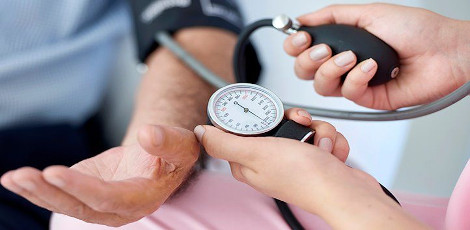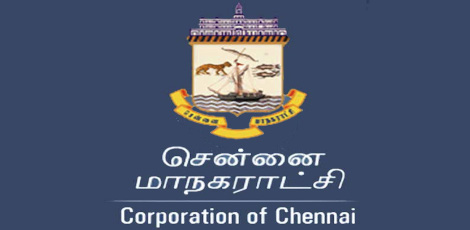FIAPO’s #DontGetMilked campaign reveals impact of animal based diet on kidney health
Posted on: 10/Mar/2018 11:55:38 AM

As per the Global Kidney Health Atlas, 10% of the world`s adults have some form of kidney disease. More than 200,000 kidney failures occur annually in India alone. The numbers are worrisome. FIAPO’s #DontGetMilked campaign believes it is critical to raise awareness about the ‘dietary risk-factors’ linked to kidney disease as this would be a simple way to combat the increase of preventable kidney damage. Going off an animal-based diet and adopting a plant-based diet (Vegan diet) not only appears to prevent kidney function decline, it may also be used to treat kidney failure.
While traditionally thought of as wholesome food, consuming animal products has been linked with most of the top 20 causes of early death. Research done by the National Kidney Foundation (U.S) indicates that plant-based proteins could play an important role in improving the health outcomes for people with decreased kidney function and states that “every 33 percent plant to total protein ratio increase was associated with a 23% lower risk of mortality in those with chronic kidney disease (CKD).”
Speaking on behalf of the #DontGetMilked campaign, Ira Rattan – leading nutrition therapist, founder of Pathya Prana and Nutritionist at Lords Institute Of Medical Sciences Evidence says, “Progression of Pre –Dialysis Chronic Renal Failure (CRF) is slower on diets based on soya protein than on diets based on animal protein. According to clinical studies, blood urea nitrogen; urine urea nitrogen; protein catabolic rate; and 24-hour urine creatinine and phosphate were lower on the VPD (Soy based Vegetarian Low Protein Diet) than on the APD (Animal Based Low Protein Diet). A Low – Nitrogen, Low – Phosphorus Vegan diet (Special Vegan Diet) for patients with mild chronic renal failure is effective in reducing uremic intoxication, slowing the progression of renal failure.”
The consumption of animal fat can actually alter the structure of the kidney, and animal protein can deliver an acid load to the kidneys, increase ammonia production, and damage the sensitive kidney cells. The increased acid load increases the excretion of urate-uric acid crystals, which can act as a seed to form kidney stones or form stones themselves. Removing all dairy and meat products removes 93% of uric acid crystallization.
Most kidney stones caused are calcium oxalate crystals, which are supersaturated in the urine. Restricting animal protein and salt cuts the risk of having a kidney stone in half. The oxalates in vegetables don’t increase this risk. In fact, the risk of formation of kidney stones reduces with the consumption of whole plant foods, fruits and vegetables.
Furthermore, bacteria that cause urinary tract infection (UTI), multiply freely in an acidic medium. Consuming alkaline foods, like fruit help make the urine alkaline and this prevents bacterial growth. Urinary tract infections can usually be controlled by consuming a primarily fresh fruit and juice based diet for a few days, as this will serve to make the urine more alkaline.
People following a ‘Vegan diet’ also have lower blood pressure than meat eaters. High blood pressure can contribute to heart disease, strokes and kidney failure. Potassium, found in plants tends to lower cholesterol.







